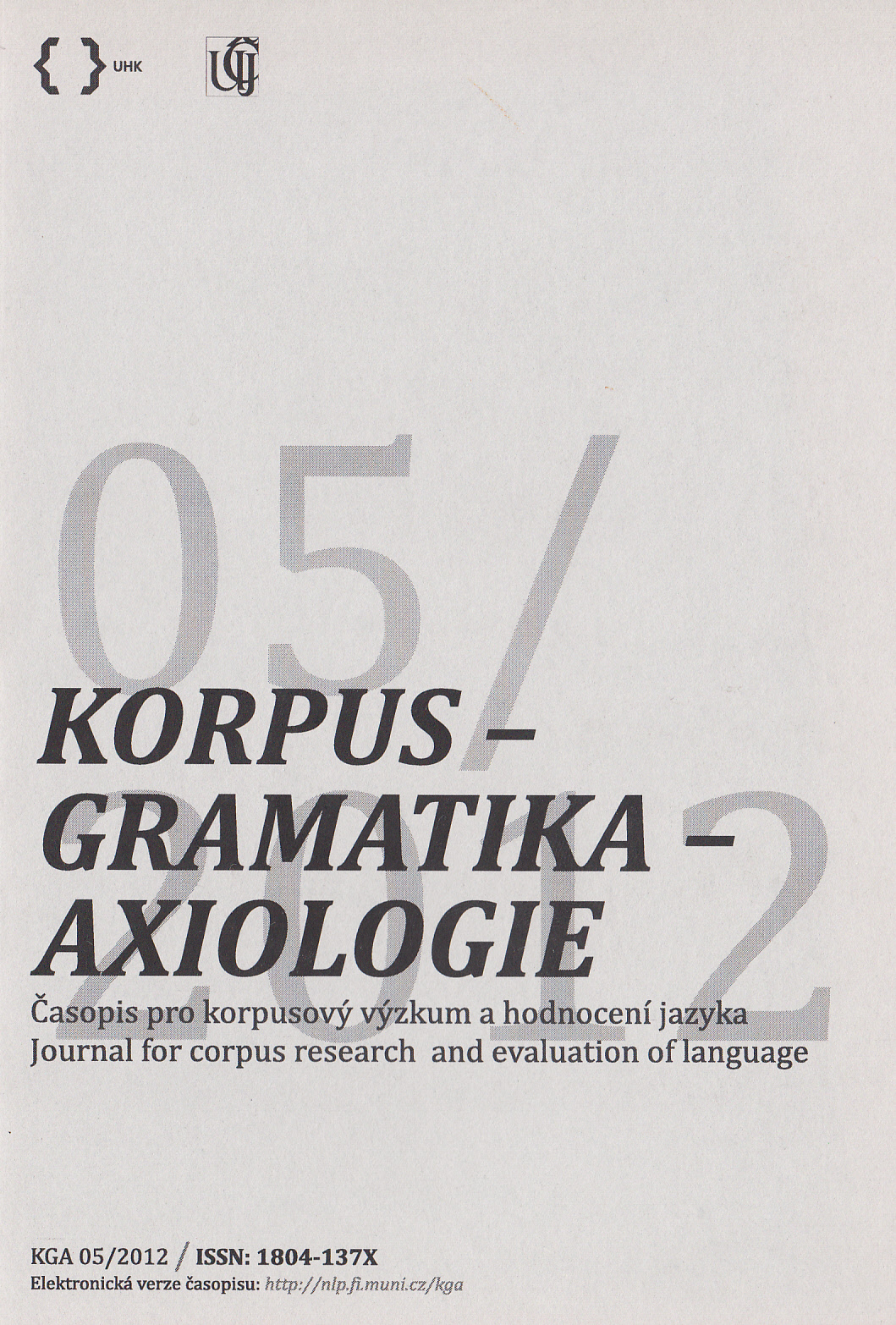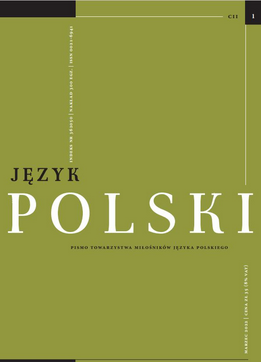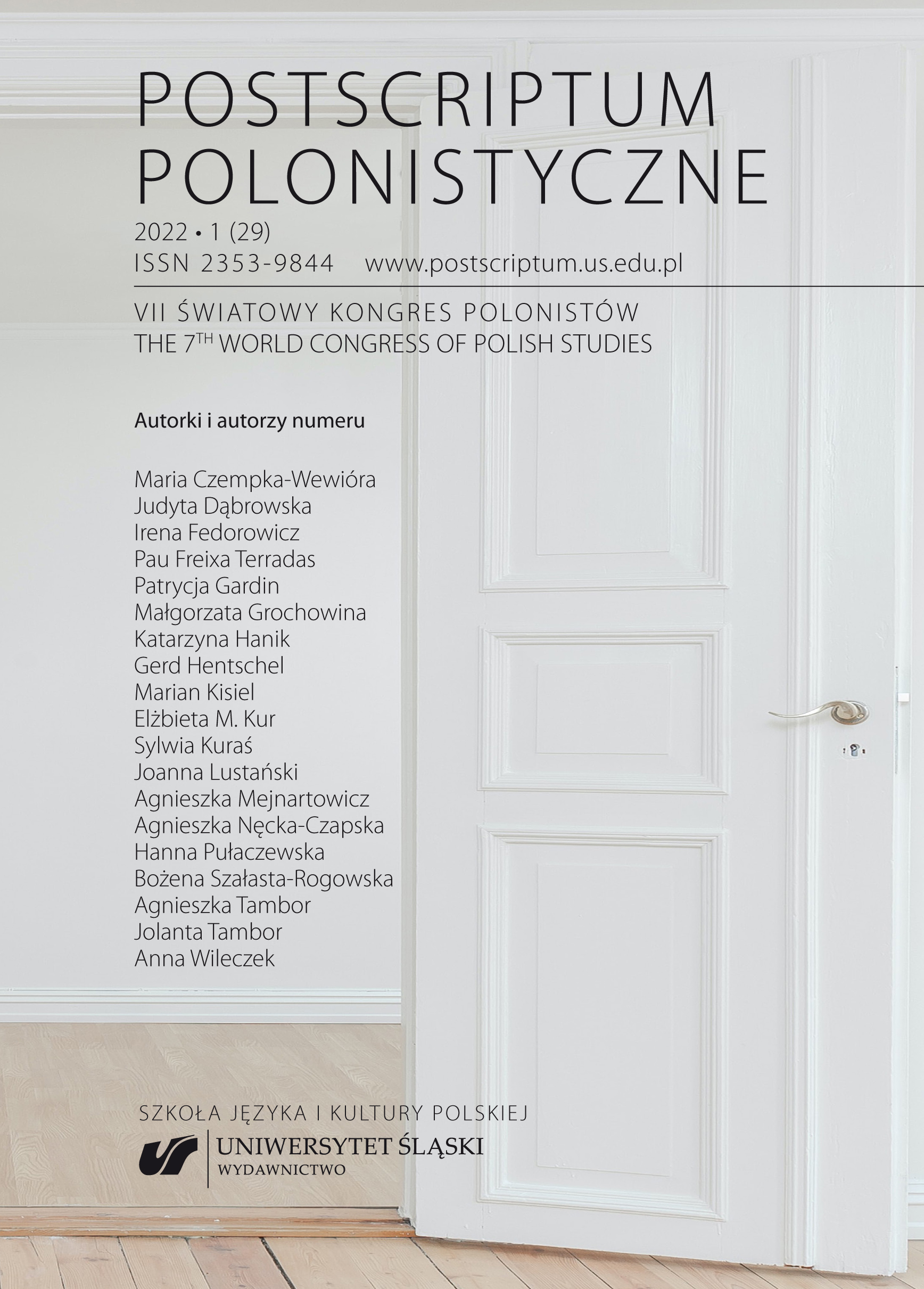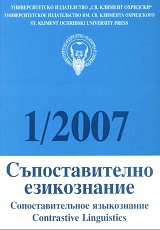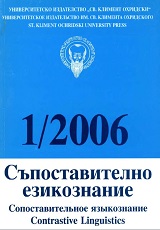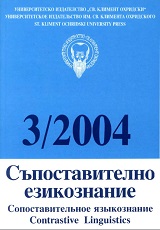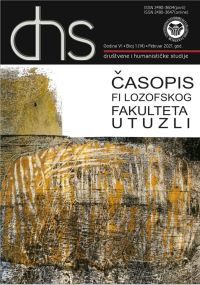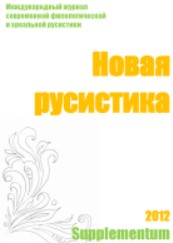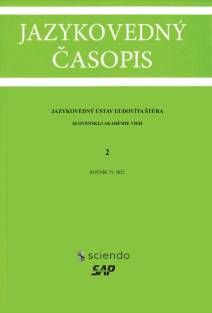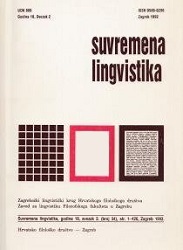Sarn ja sarnane
The Estonian sarn ‘cheekbone’ belongs to the words with still no satisfactory etymology. The same applies to the word sarnane ‘similar; coll. such’. Although to-day the word sarn is considered a natural part of the North-Estonian based common and standard language, its historical area of distribution refers it to South Estonian. The word does not occur in other Finnic languages, nor in more distantly related languages. The article suggests a Slavic etymology. The assumed source word is the pre-pleophonic *skorńa, which has descendants in East, West and South Slavic languages, e.g. Russian скоронь f. ‘temple’, Church Slavonic скрания (-ья) ‘cheek; temple; forehead; jaw’, скрань ‘cheek; cheekbone; side of face; jaw’ etc. The word sarnane has been offered different etymologies. One of them suggests that it has the same root with sarn ‘cheekbone’. However, this etymology is called into question by the historical South Estonian distribution of sarn, whereas sarnane occurs all over Estonia. According to the other etymology sarnane has a Finnic-Permic of Finno-Ugric root, with such Finnic descendants as, e.g., Finnish saarna ‘sermon’, Karelian šoarna ‘fairy tale’ etc. The semantic relationship has been quite credibly substantiated by Julius Mägiste, arguing that sarnane has originally meant ‘in question, similar to the object of talk’.
More...
